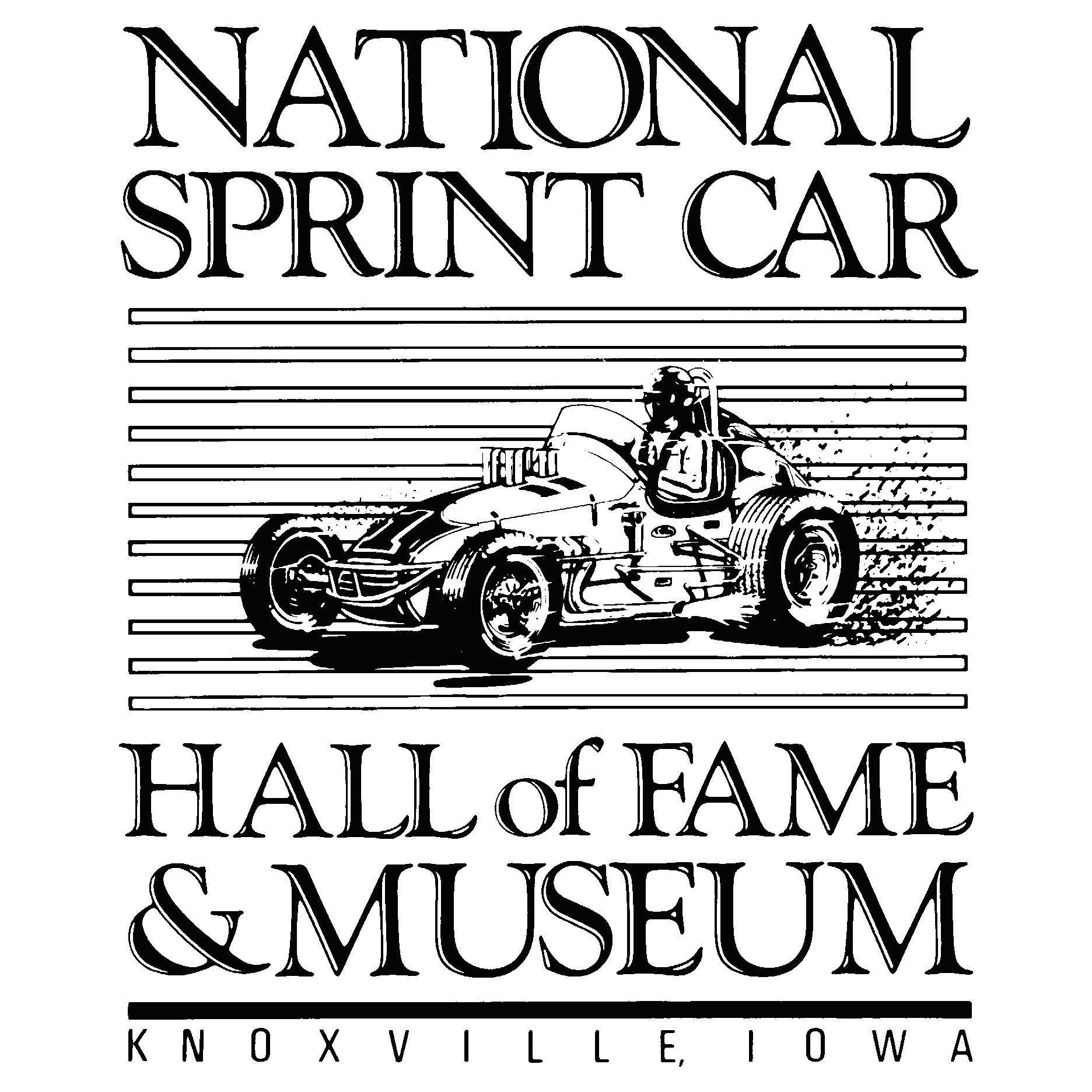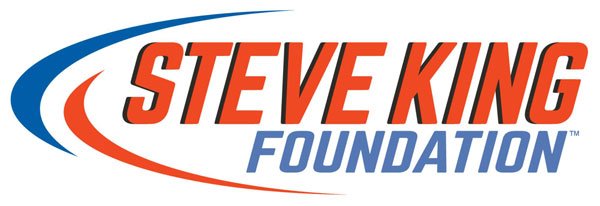Justin Marks hopes to cultivate winning culture with Ganassi Racing acquisition
Photo by Courtesy of Trackhouse Racing
CHARLOTTE—Justin Marks wasn’t going to take "no" for an answer.
In his quest to acquire a foothold in the NASCAR Cup Series, the co-owner of Trackhouse Racing bid on three charters in 2020. He didn’t secure one.
Marks, who leased a charter for his team’s inaugural run this year, had to formulate a new game plan. Rather than just buy a charter, why not purchase another team?
In April, he reached out to one owner, Chip Ganassi, for whom he had raced in the past. The next day, Marks was on a plane to Pittsburgh and gave his pitch.
“I thought about it for a few weeks before I worked up the courage to just do it,” Marks said. “I think sometimes I think there's a lesson here, and sometimes you've just got to make the call. That's what I did. I called him and I said, look, I'm in the process right now or at a point right now where I'm trying to identify opportunities to grow in this space and to create a great future for Trackhouse, and I just asked, that includes charters, that includes a potential acquisition of an entire operation.
“And if that's a conversation you'd be interested in having, then I'll come to Pittsburgh and we'll have an adult conversation about it.”
Marks closed the deal a week ago. On Wednesday, he announced that his parent company, Trackhouse Entertainment Group, will acquire the assets of Chip Ganassi Racing at the end of the 2021 season. The organization he owns with Armando Christian Perez (Pitbull) will operate two teams out of the Concord, N.C., shops with a driver-to-be-named joining Daniel Suarez. Topping Marks’ short list are Ganassi’s current drivers Kurt Busch and Ross Chastain.
Ganassi joked that Marks made him an offer he couldn’t refuse. In reality, the 40-year-old former racer—who won his only NASCAR race with CGR in 2016 at Mid-Ohio—has the necessary drive and passion to take Ganassi Racing to the next level under the Trackhouse banner.
“I don't think the financial component was nearly as important as just his vision about where he wanted to go, what he wanted to do, how he wanted to handle it, how he wanted to do a deal or how ‑‑ just basically the way he wanted to do it I think was maybe more compelling than the financial component,” Ganassi said. “His vision for going forward seemed to match ours, I think whether it was watching out for the current employees or just what he wanted to do in racing going forward.
“There’s a lot of new blood coming into the sport right now, and it's time for someone else to take over. I've been doing this for 20 years, going every weekend, every weekend, every weekend for 20 years. This will give me an opportunity to turn the RPM down a little bit and take a look at it from another perspective and help make this ‑‑ help Justin with his vision.”
Marks isn't naive when it comes to the challenges of expanding his motorsports operation. The Next Gen car will certainly change the complexion of how teams do business. Initially, Marks will rely on the current management team at Ganassi Racing to offer him a crash course in their current systems.
But Marks has his own management style. He isn’t one to settle for mediocrity. Despite Chip Ganassi’s two decades of toiling in NASCAR, the stock car side of his business has produced just 14 wins in 1,317 attempts. A winning percentage of one percent just won’t be acceptable for Trackhouse Racing.
“This is like the most competitive form of racing in North America and if you miss by a millimeter, you miss it by a mile,” Marks said. “When teams hit on it, they do what the 5 Hendrick Motorsports team is doing right now. And when they miss it, they’re struggling like (pause) some of these other teams are struggling right now and having a hard time getting into the top 20, top 18. They have not contended for a championship yet, but this is very, very difficult.
“I will say that the new car—that’s why I’m here. I’ll always go back to that—the new car. I think, moving forward, it’s going to be about culture. It’s going to be about building a team of people that are cohesive and how they support each other, how they’re passionate, how they’re hungry and then cultivating that culture so you have a group of people that are all driven in the same direction and driven to the same goal.
“That’s what we have at Trackhouse right now. I think on the technical side, as long as we build that kind of cohesiveness within the organization, then we can all attack that new car in a way where it’s a blank slate for us, and I think anything is possible.”

.png)





